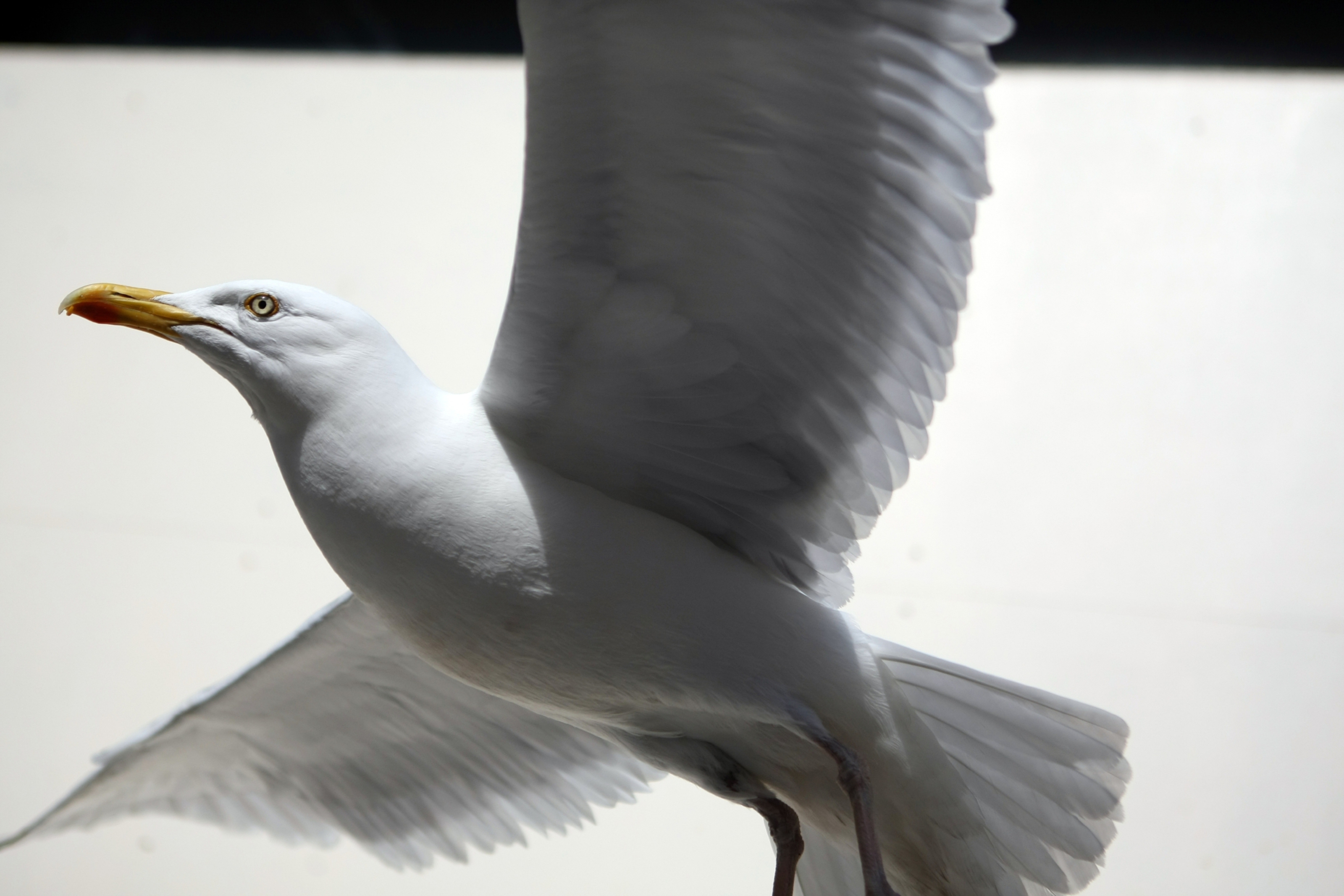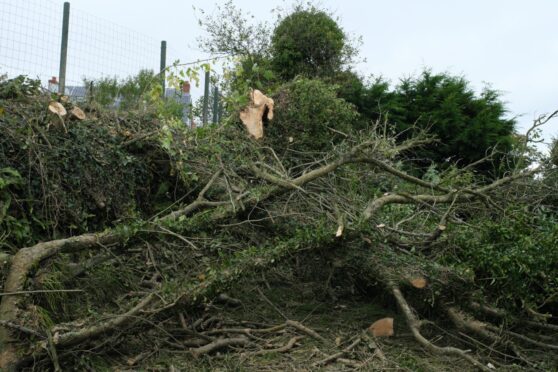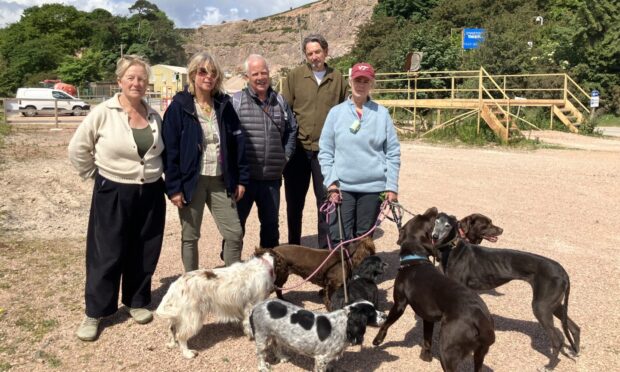Greedy gulls may have bitten off more than they can chew as Fife Council warns it could clip the wings of aggressive avians.
David Ross, the leader of Fife Council, has signalled that measures could be taken to tackle the winged menace that blights the region’s coastal towns.
Councillor Tom Adams and Peter George have been selected to form a task force investigating the problem as seagulls become increasingly combative in their quest for food.
With the number of incidents expected to spike as tourists flock to the coastline this summer, Mr Ross has said that he is ready to take steps to address the issue if his fellow politicians share his concern.
“I have been receiving complaints about gulls and it is something that we need to take seriously,” he said.
“It is a real problem, a health and safety issue and something that I would like to see pushed up the priority ladder.
“If other members feel that it is a priority, then during the budget process we will look at that.”
Many towns in Fife have had problems with gulls over the years with reports of children having been knocked over by the birds as they scavenge for food.
Coastal communities have been blighted, with shoppers on High Streets in Kirkcaldy, Leven and St Andrews having been affected in particular.
However, given the species’ protected status, tackling the menace has proven particularly hard for local authorities across Britain.
Levenmouth councillor Tom Adams is one of two councillors that have been appointed to look in to the problem.
He said: “Other councils have brought in hawks and they simply do not work.
“A gull knows no boundaries.
“It is a menace and it presents a huge problem to every council in the country.”
However, George Kay, representative for Burntisland, Kinghorn and Western Kirkcaldy, said that any attempt to resolve the issue this year would be pointless.
“The problem that we have with gulls is the same one that we have every year,” he said.
“We try and solve it in June and July, when they are already here, when we should be attempting to solve it in January.
“We know they are coming and we should do what we have to do then because by the summer it is too late.”










